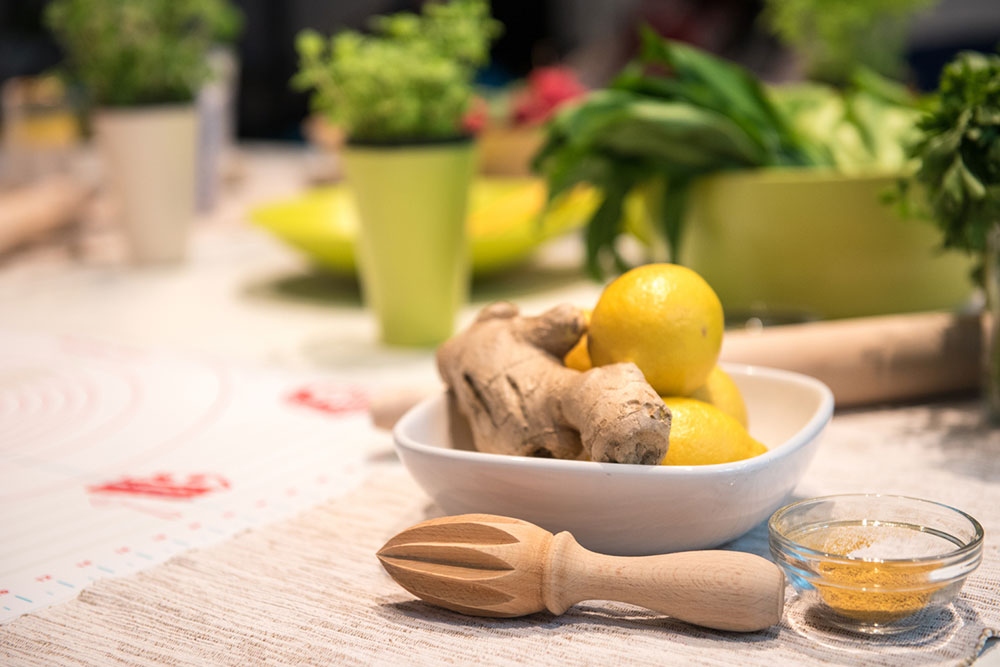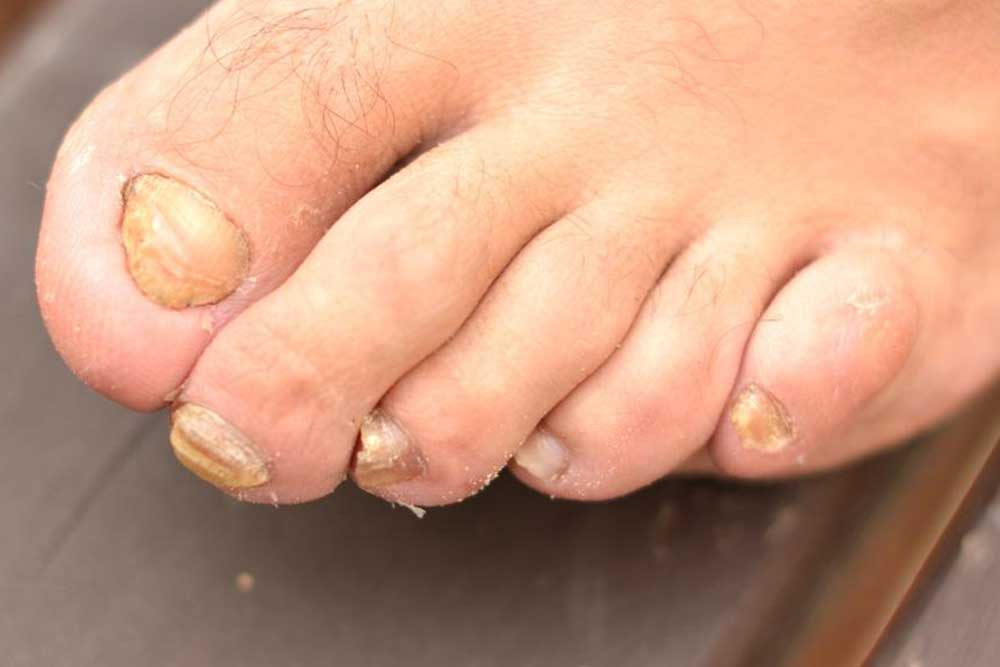Home Remedies and Tips for Hemorrhoid Relief
Discover effective home remedies and lifestyle tips to alleviate hemorrhoid symptoms naturally. Learn about risk factors, signs, diagnosis methods, and simple treatments like diet adjustments, sitz baths, and topical applications to manage hemorrhoids quickly and safely from home.

Effective Natural Methods to Alleviate Hemorrhoid Symptoms
Hemorrhoids, commonly known as "piles," involve swollen veins in the anal and rectal regions, causing pain, bleeding, and discomfort. These can result from increased pressure, injury during bowel movements, or prolonged sitting, affecting adults across all ages. Fortunately, lifestyle improvements and simple home treatments can help manage symptoms. In severe cases, medical or surgical options may be necessary. Using natural remedies at home can provide significant relief and improve quality of life.
Who Is Most Vulnerable?
People in their 50s are at higher risk of developing hemorrhoids. Other vulnerable groups include:
Pregnant women
Individuals with obesity
People suffering from constipation
Those sitting for long periods
Individuals with low-fiber diets
People who experience rectal injuries
Symptoms to Watch For
Common signs include:
Bleeding during bowel movements without pain
Itching around the anus
Discomfort or pain when sitting
Swelling or inflammation in the anal region
Diagnosis Methods
Diagnosis typically involves a visual check. Additional tests are:
Digital Rectal Exam: The doctor examines externally and inserts a finger into the rectum to identify issues.
Sigmoidoscopy: Uses a small camera to look inside the anal and lower rectal area for internal hemorrhoids.
Colonoscopy: Examines the entire colon, especially if other digestive issues or cancer risks are present, usually with sedation.
Preventive Measures
To lower the risk, consider:
Staying well-hydrated
Maintaining regular exercise
Eating a high-fiber diet
Avoiding long periods of sitting
Managing constipation effectively
Choosing easy-to-digest foods
Natural Home Treatments
Several remedies can ease symptoms:
Fiber-rich Foods: Consuming fruits, vegetables, whole grains, and fluids helps promote smooth digestion and prevent vessel strain.
Aloe Vera: Applying gel soothes irritation and reduces itching.
Sitz Baths: Sitting in warm water for 15-20 minutes multiple times daily alleviates pain.
Hygiene Maintenance: Keep the anal area clean and dry, avoiding irritants.
Gentle Wipes: Using mild, moist wipes aids cleanliness and skin comfort.
Stool Softeners: OTC or prescribed softeners make bowel movements easier, reducing strain.
Cold Compresses: Applying ice packs reduces swelling and soothing inflammation.
Witch Hazel: Direct application helps diminish pain and itching.
Note: This article provides general health information. Always consult healthcare professionals for personalized advice and treatment. Our content aims to inform but does not replace professional medical guidance.


